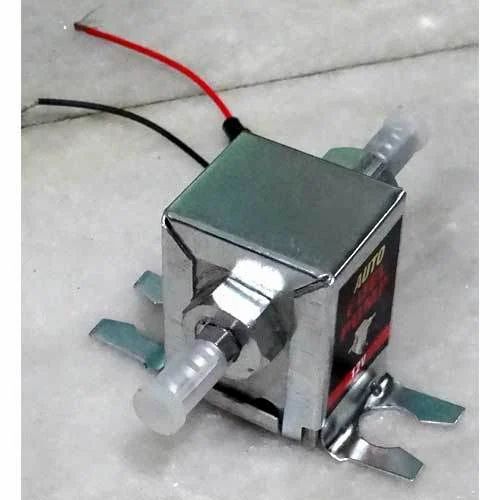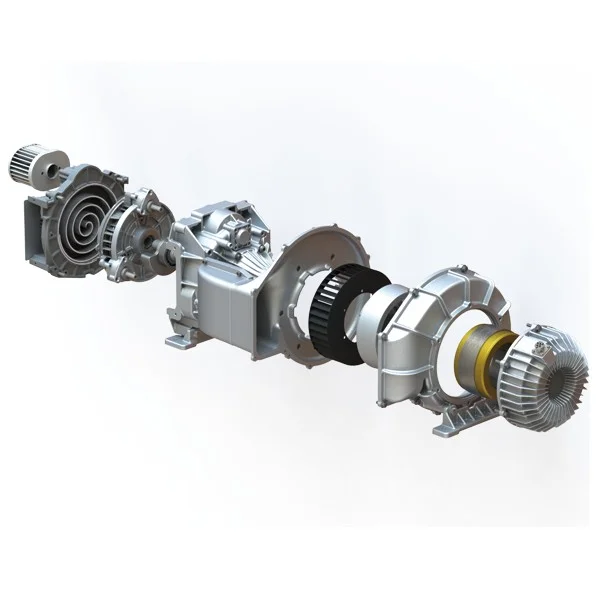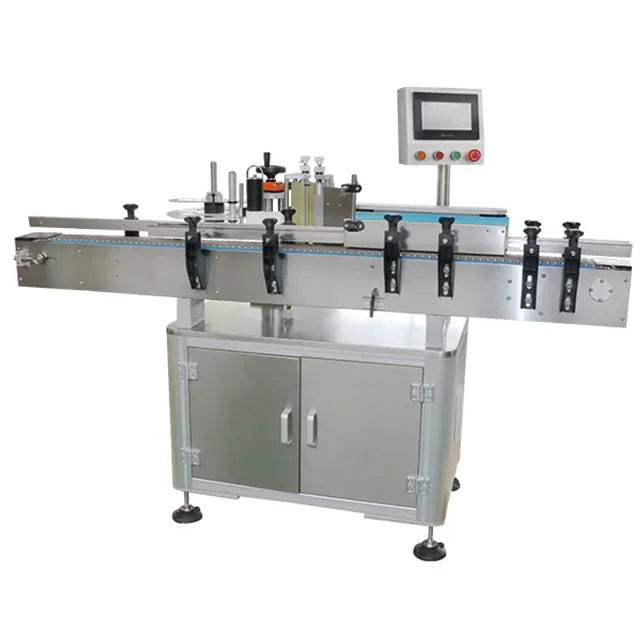In the realm of automotive engineering, the basic fuel pump stands as a vital component that ensures the smooth operation of an engine. This blog post aims to delve into the intricacies of this crucial device, shedding light on its functionality, types, and significance in the overall performance of an engine.
- Understanding the Basic Fuel Pump:
The basic fuel pump, also known as a mechanical fuel pump, is responsible for delivering fuel from the fuel tank to the engine. It operates through a camshaft or crankshaft-driven mechanism, utilizing the principles of suction and pressure to maintain a steady flow of fuel. By regulating the fuel supply, it ensures the engine receives the necessary amount of fuel for optimal combustion. - Types of Basic Fuel Pumps:
a. Diaphragm Fuel Pumps:
Diaphragm fuel pumps are commonly found in older vehicles. They consist of a flexible diaphragm that moves back and forth, creating a vacuum to draw fuel from the tank and then pushing it towards the engine. These pumps are reliable and relatively simple in design.
b. Mechanical Roller Cell Fuel Pumps:
Mechanical roller cell fuel pumps are often used in high-performance engines. They employ a rotor with multiple lobes that compress and release fuel as it rotates, generating the required pressure. These pumps offer enhanced fuel delivery and are capable of handling higher engine demands.
- Significance in Engine Performance:
The basic fuel pump plays a critical role in maintaining the engine's performance and efficiency. It ensures a consistent fuel supply, preventing fuel starvation or flooding. By delivering fuel at the correct pressure, it enables proper atomization and combustion, resulting in optimal power output and reduced emissions. A malfunctioning fuel pump can lead to engine misfires, decreased fuel economy, and even engine failure. - Maintenance and Troubleshooting:
To ensure the longevity and reliability of the basic fuel pump, regular maintenance is essential. This includes inspecting for leaks, checking fuel pressure, and replacing worn-out components. Common issues such as clogged filters, damaged diaphragms, or faulty valves can be diagnosed and rectified through proper troubleshooting techniques.
Conclusion:
The basic fuel pump serves as the heart of an engine, providing the necessary fuel supply for its smooth operation. Understanding its functionality, types, and significance is crucial for automotive enthusiasts and professionals alike. By ensuring a consistent and optimal fuel delivery, this essential component contributes to the overall performance and efficiency of engines, making it an indispensable part of the automotive world.



